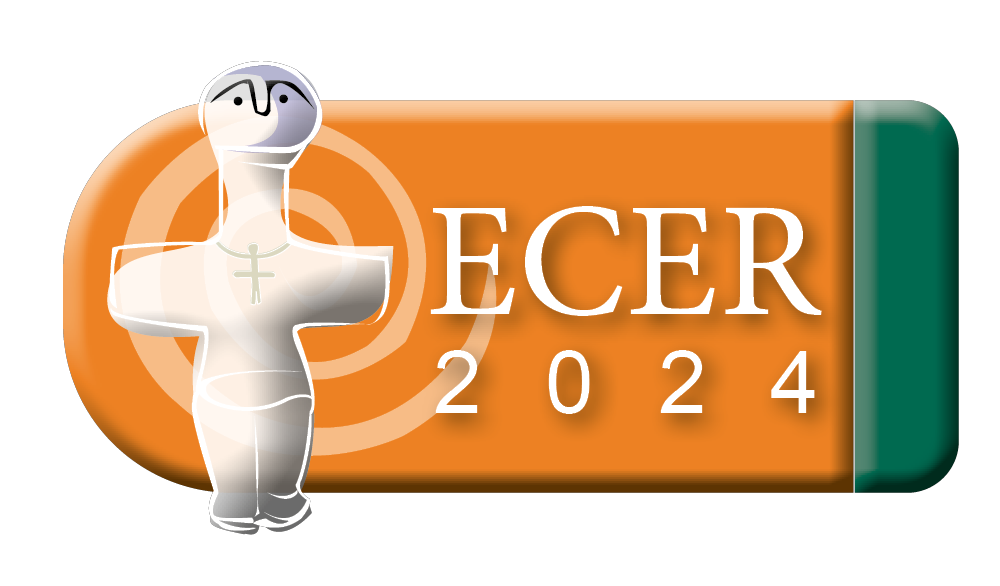
Susana Padeliadu is Professor of Special Education – Learning Disabilities at Aristotle University of Thessaloniki, in Greece. She has been an active special education researcher and a consultant for parents’ associations for more than 3 decades. Susana’s research combines issues of inclusion, learning disabilities and effective instruction. Her publications focus mostly on the area of Specific Learning Disabilities. She has argued extensively on the significance of early screening and intervention especially in the area of reading disabilities. Much of her work is applied in teacher professional development programs, aiming at bridging the research to practice gap.
Inclusive education and early identification of disability: the case of dyslexia
Inclusive education practices have significantly increased in the last three decades and lately, equity and inclusion initiatives have also been gradually adopted. These have become key elements of educational discourse specifically regarding disability. Furthermore, in the broader social context, disability definitions can no longer be conceptualized as synonymous with impairment. By embracing the social model in the dyslexia case, problems experienced by students with dyslexia in education reflect structural inequalities, functioning as disabling barriers. Hence, identification and removal of these disabling barriers is instrumental to ensure inclusive education and progress for students with dyslexia.
Within the field of dyslexia and reading disabilities research, serious concerns have been raised globally that the traditional IQ-Achievement discrepancy identification model is a “wait-to-fail” approach, which leads to more barriers for students with dyslexia. Several reasons have led to these concerns: a) there have been psychometric limitations for students coming from minorities or low socio-economic backgrounds b) receiving adequate and appropriate instruction before the diagnosis, is not required c) traditional diagnostic testing does not provide information for the needed instruction and most importantly, d) the mean age at which the students are identified as having dyslexia is over 10 years, after they have experienced significant failure in school. Furthermore, previous early research focusing on the identification of children with dyslexia, revealed a significant relationship between time of diagnosis and socio-economic status; that is, the poorer the students the later the diagnosis.
Upcoming ECERs
26.08.2024 | ECER'24, Nicosia |
08.09.2025 | ECER'25, Belgrade |
17.08.2026 | ECER'26, Tampere |

Important Dates ECER 2024
01.12.2023 | Submission starts |
31.01.2024 | Submission ends |
01.04.2024 | Registration starts |
03.04.2024 | Review results announced |
15.05.2024 | Early bird ends |
26.06.2024 | Presentation times announced |
30.06.2024 | Registration Deadline for Presenters |
26.08.2024 | ERC First Day |
27.08.2024 | ECER First Day |
Hosting Organisation

Local Services Website
Our partners EasyConferences support EERA, the University of Cyprus and you as conference participant in all matters around:
- accommodation
- transport
- travel advice and visa information
- bookable social and side events.